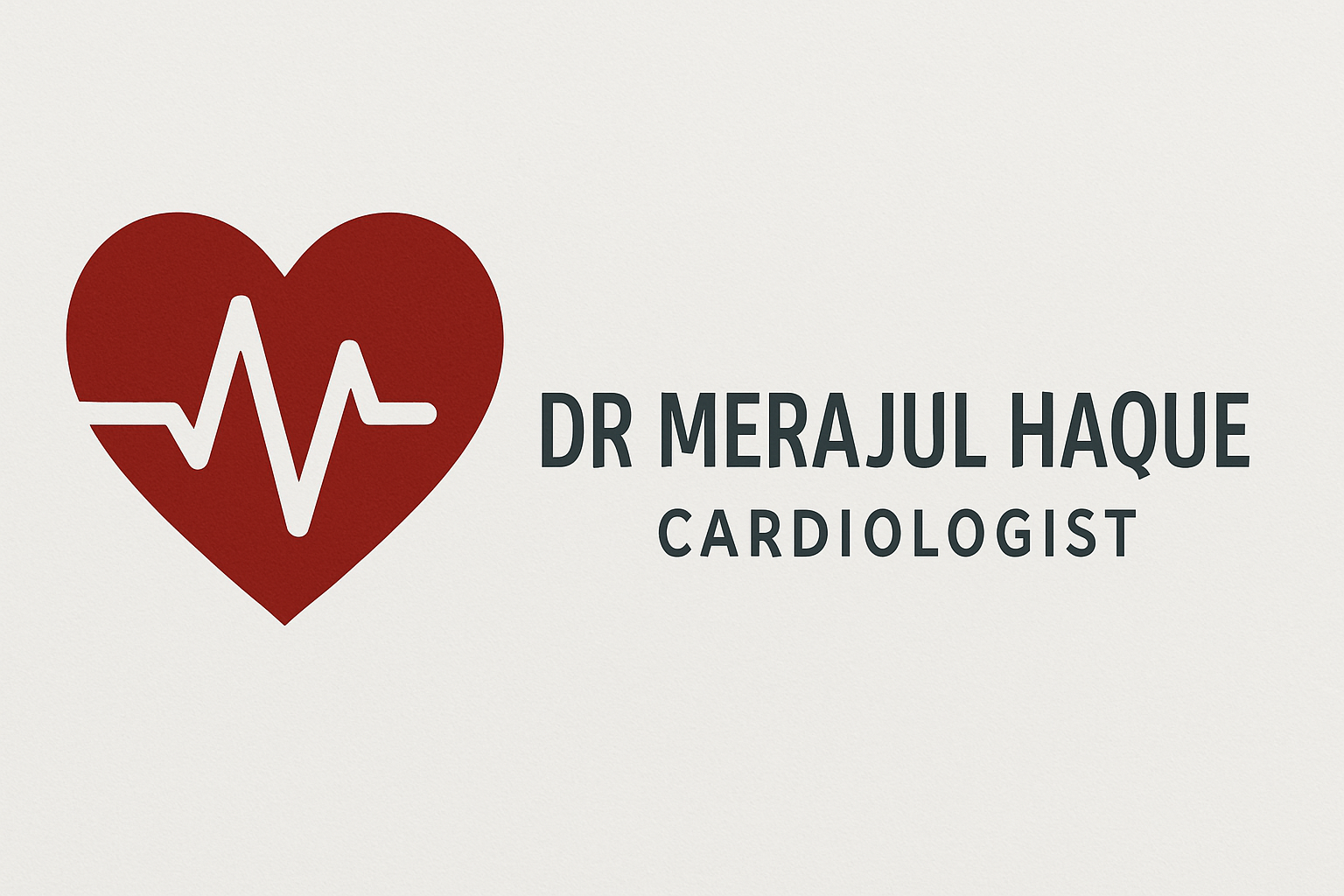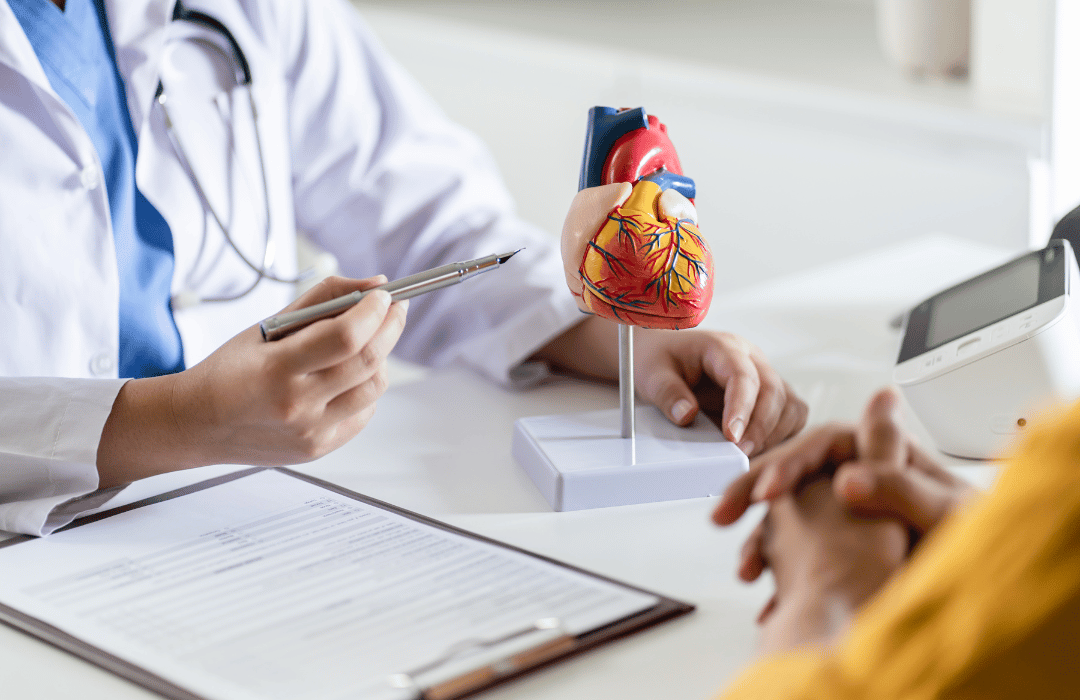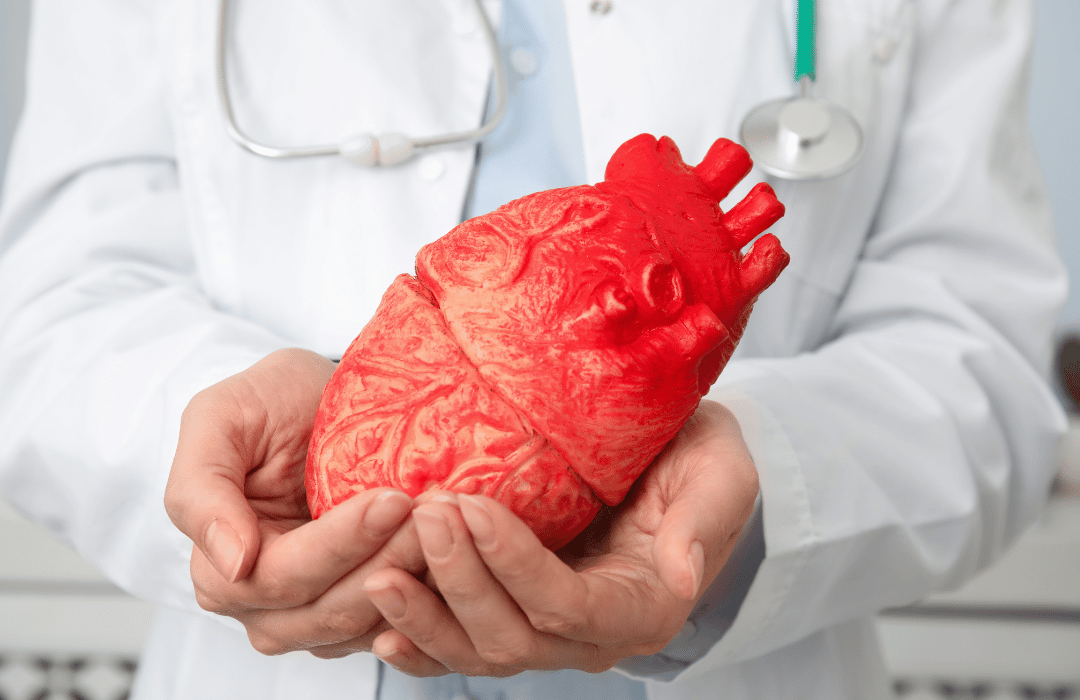Heart failure treatment
-
Treatment for heart failure often begins with medications to ease the workload on the heart. These may include ACE inhibitors, beta-blockers, diuretics (to reduce fluid buildup), and aldosterone antagonists to improve heart function and symptoms.
-
Lifestyle changes are crucial, such as reducing salt intake to prevent fluid retention, following a heart-healthy diet, maintaining a healthy weight, and limiting alcohol and tobacco use.
-
Regular physical activity, under medical guidance, helps improve stamina and circulation, though activity levels should be tailored to the patient’s capacity and heart condition.
-
Treatment for heart failure often begins with medications to ease the workload on the heart. These may include ACE inhibitors, beta-blockers, diuretics (to reduce fluid buildup), and aldosterone antagonists to improve heart function and symptoms.
-
Lifestyle changes are crucial, such as reducing salt intake to prevent fluid retention, following a heart-healthy diet, maintaining a healthy weight, and limiting alcohol and tobacco use.
-
Regular physical activity, under medical guidance, helps improve stamina and circulation, though activity levels should be tailored to the patient’s capacity and heart condition.
Get in touch
Schedule an appointment
Call Us
9219765171


